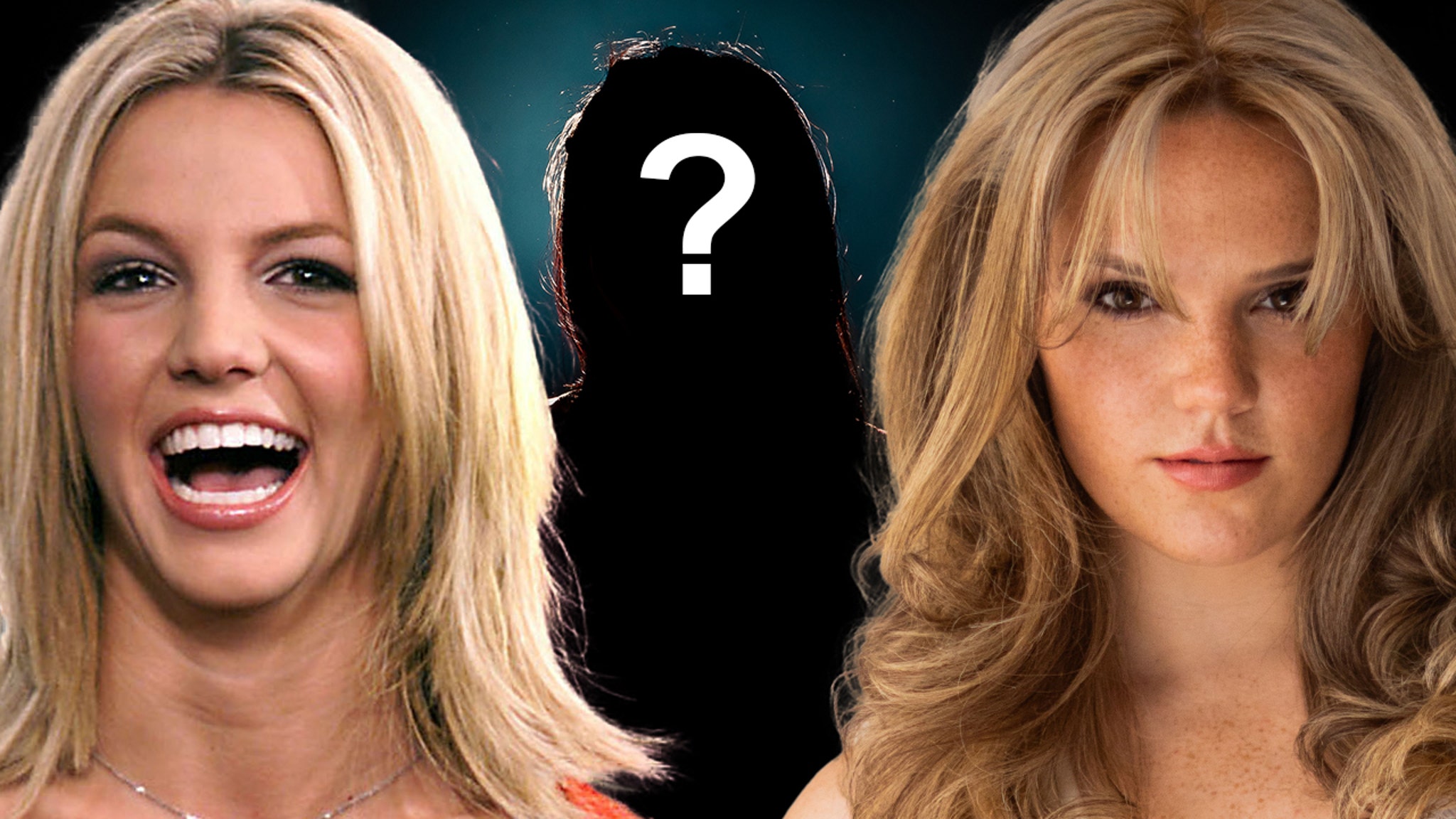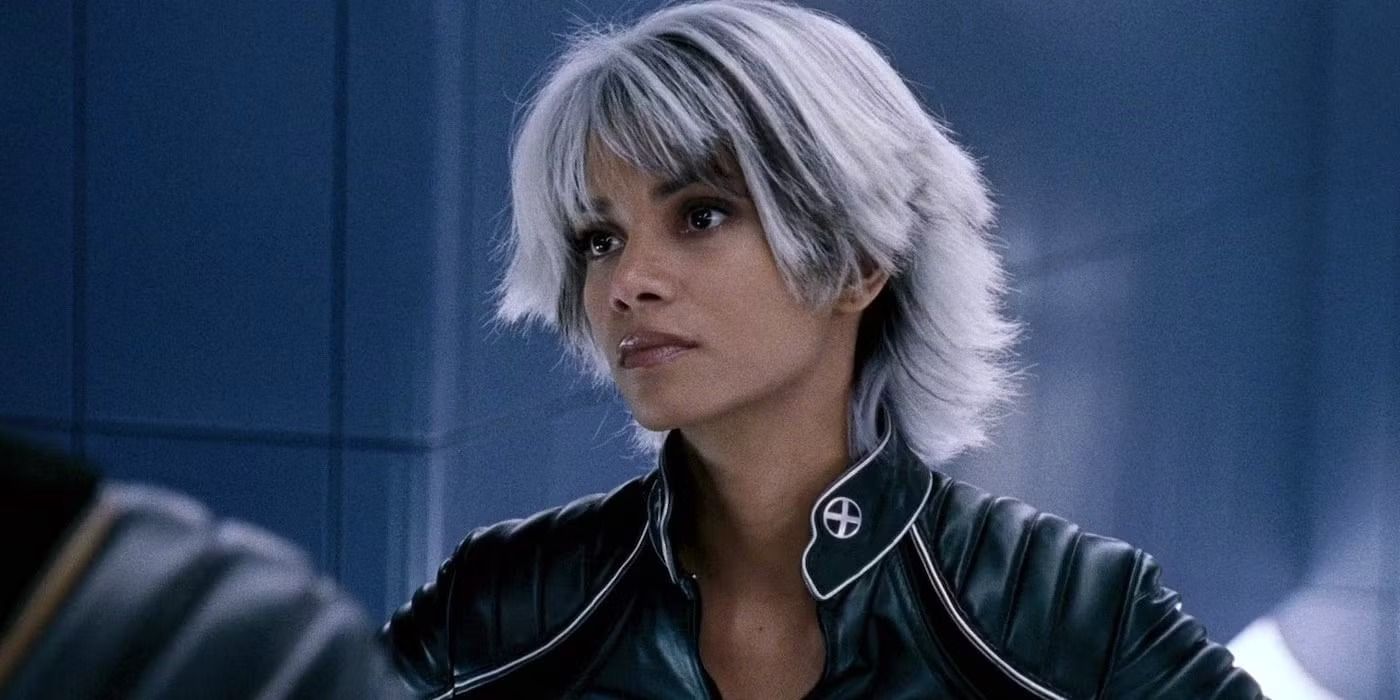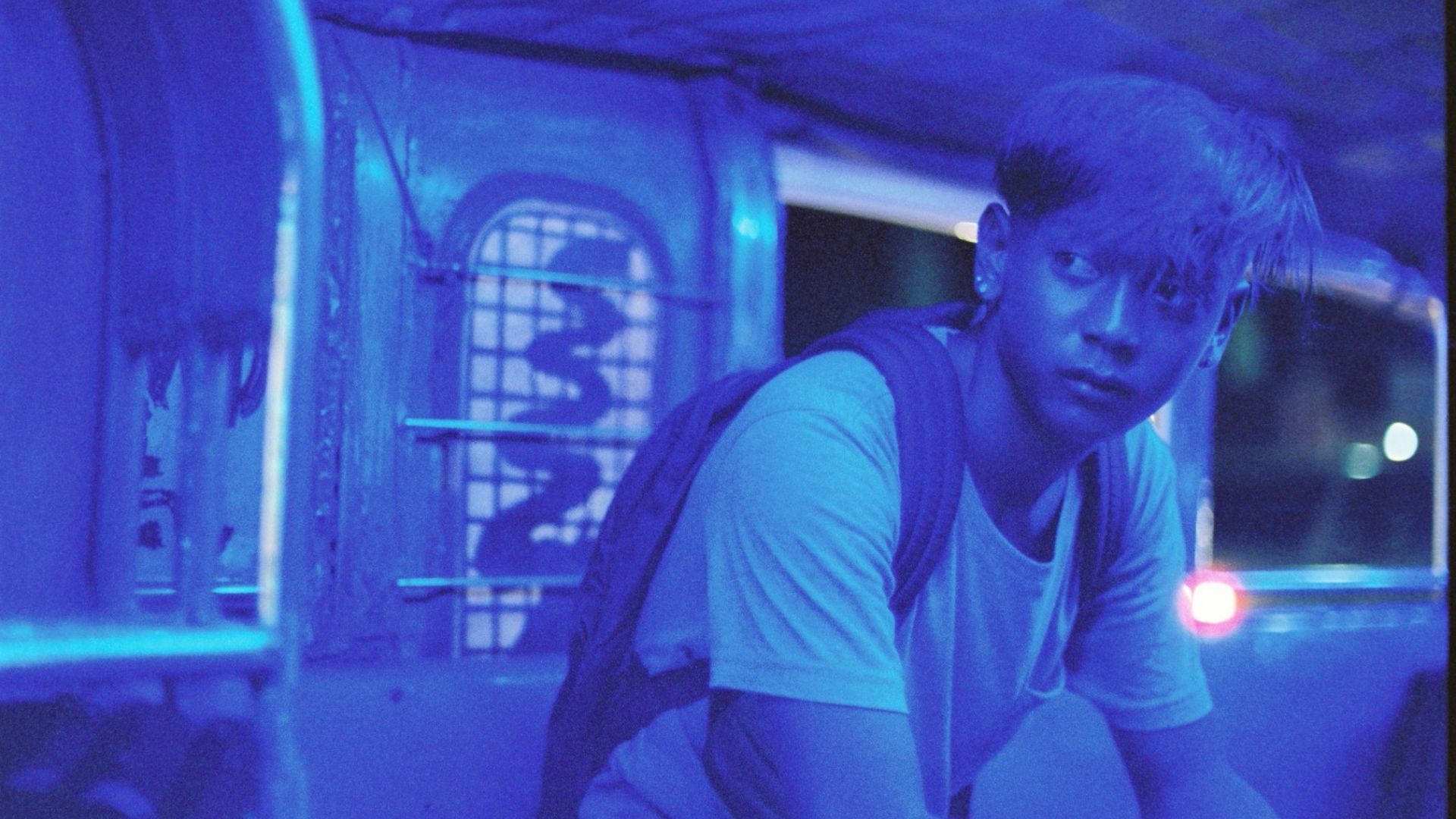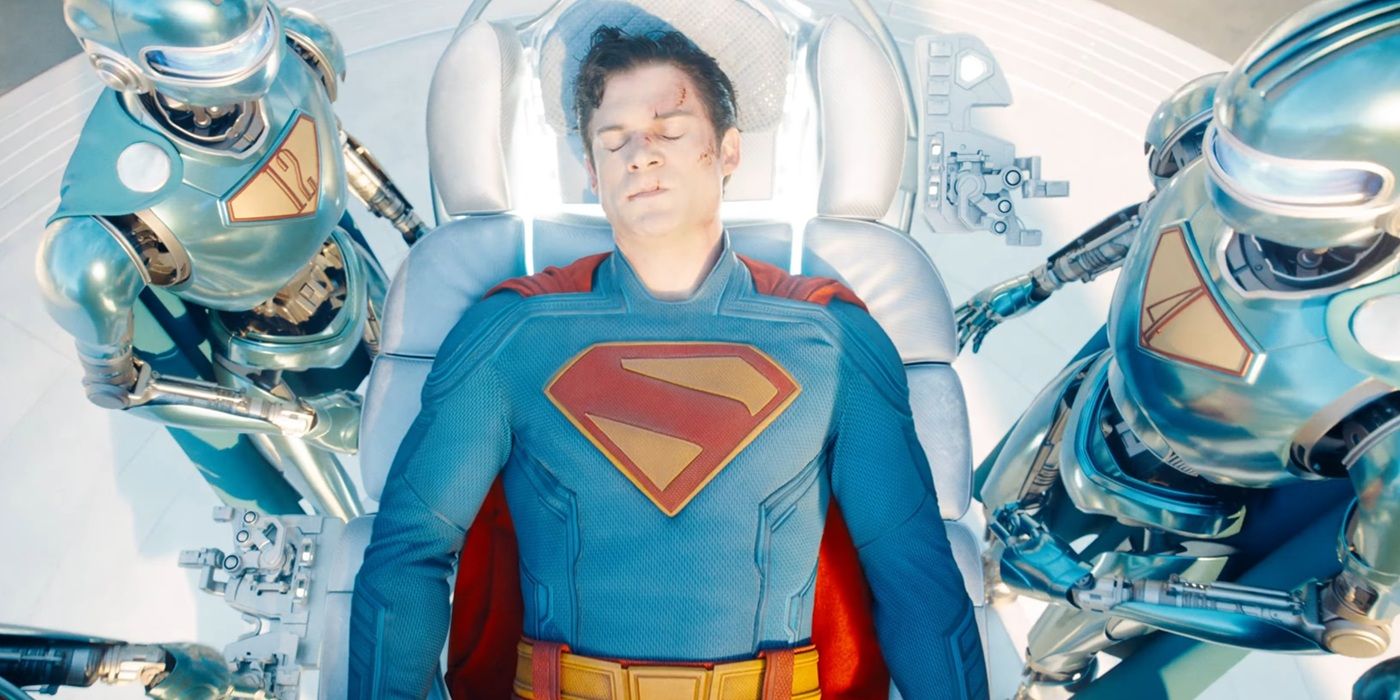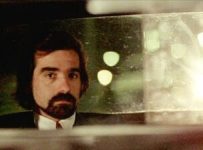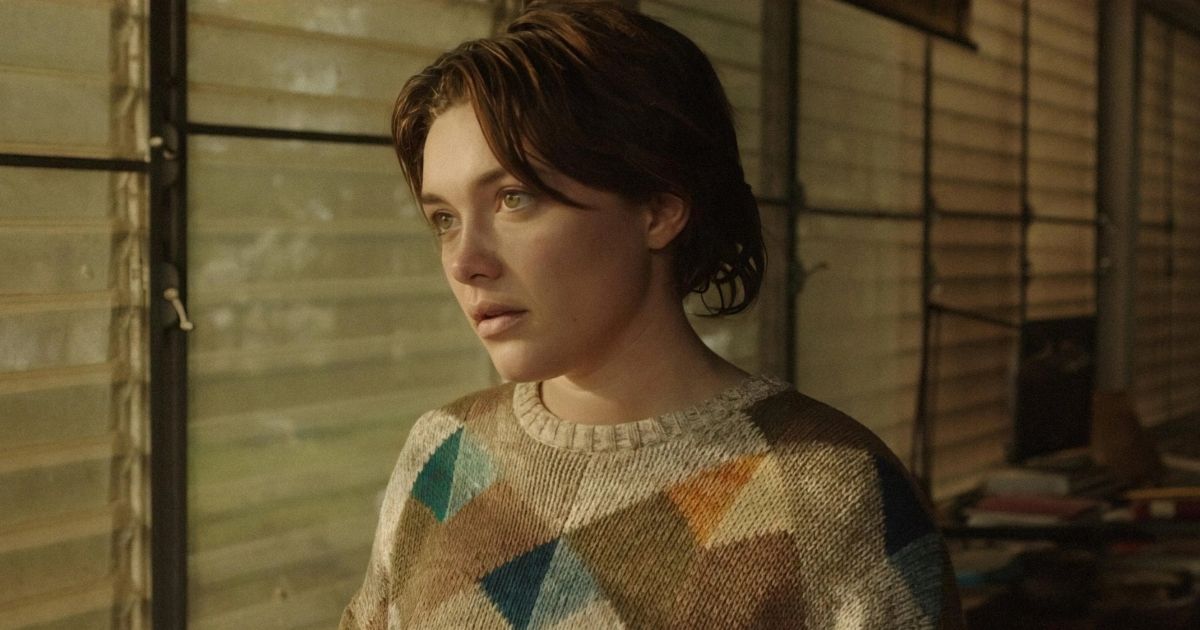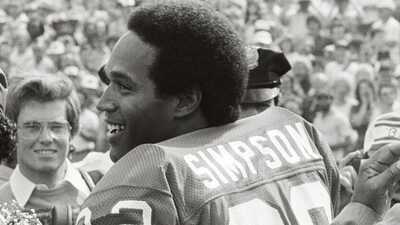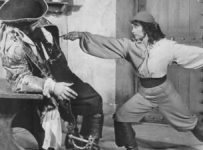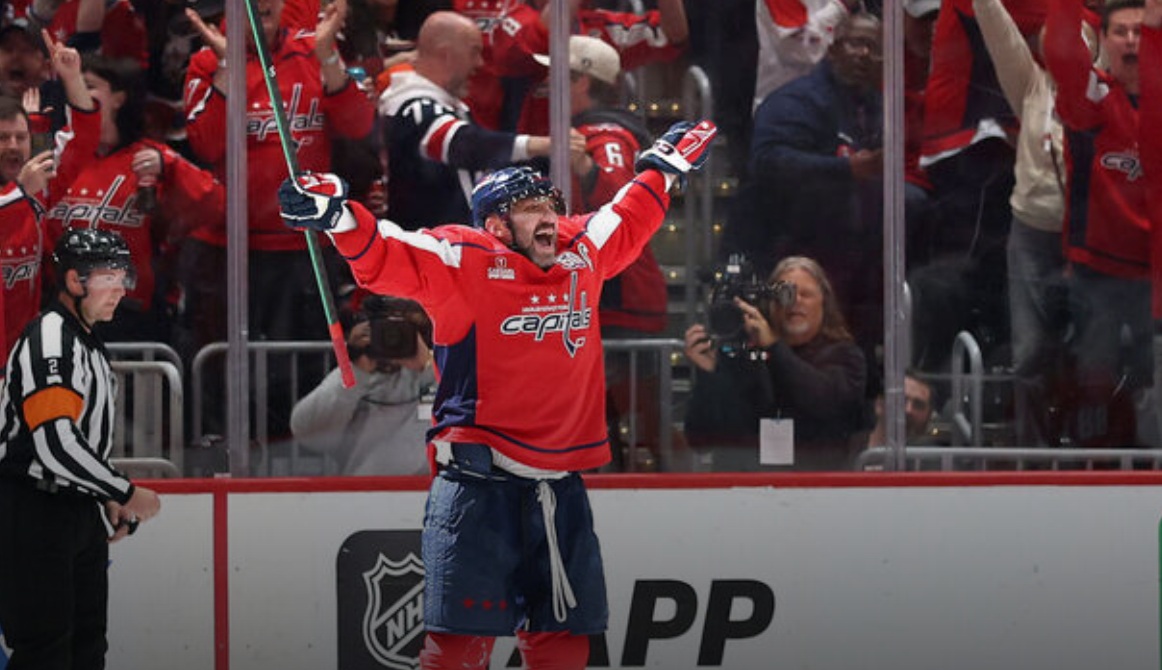But even the missteps here are counterbalanced by seemingly out-of-nowhere choices that make you laugh because of their audacity, then sigh at their rightness, such as the way that both Rufus and Nat often whistle or sing melodies that also appear in Samuel’s score or songs, making the movie seem as if it’s constantly on the brink of turning into a Western musical: imagine “Annie Get Your Gun” directed by Hype Williams. Some of the scenes between Mary and Nat, particularly early on when she’s shown performing onstage, echo Nicolas Ray’s surreal but earnest “Johnny Guitar“;a David Lynch favorite, and another Western that creates its own universe that is mainly about the storyteller’s affinities.
The movie succeeds as pure spectacle, turning light, color, and motion into sources of pleasure. In a time of increasingly slovenly action filmmaking, it’s a relief to find yourself in the hands of a director who knows what to do with a camera. Samuel brings a musical performer’s sensibility to the staging of big moments. He and cinematographers Mihai Mălaimare, Jr. and Sean Bobbitt change angles or shift focus to create laughs or gasps; hold on striking images to create self-contained objects of beauty (such as a sniper’s eye-view of a target or an overhead view of gunmen with very long shadows confronting each other in a street), and cast the laws of nature aside to get the movie to do what it needs to do to produce a certain feeling. Notice how, in the final showdown, the sun is all over the place, and yet always where it needs to be to create an iconic Western image, suitable for framing.
It’s an actor’s showcase as well—and as compelling as the actors in flamboyant supporting roles are, it would be a shame if the subtle, grounding work of Majors and Elba went unappreciated, because it’s hard to imagine how their performances could be better. Elba brings a world-weary, self-disgusted quality to Rufus that is so fascinating on its own terms that when we finally get the pieces of the puzzle that unlock the core of the character’s personality, it feels like a diminishment.
And Majors captures that mix of fearlessness and self-deprecation that audiences used to love in Harrison Ford heroes. Nat is a badass who can kill six men before their pistols can clear their holsters, but this is not a vain or even particularly swaggering performance. Majors leans into instances of comic misunderstanding, romantic longing, overconfidence, and physical vulnerability that define Nat at key points in the tale. Rather than undermine the character, these moments only endear him to us.
This is one of those movies that might come on TV while you’re supposed to be doing something else, and that you’ll end up watching the rest of the way through, because it’s so much fun.
In theaters today, on Netflix on November 3rd.
You can view the original article HERE.
